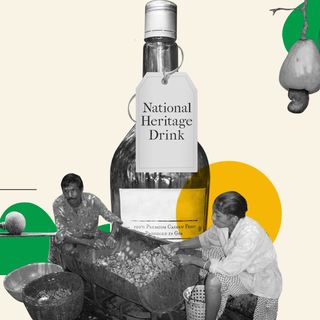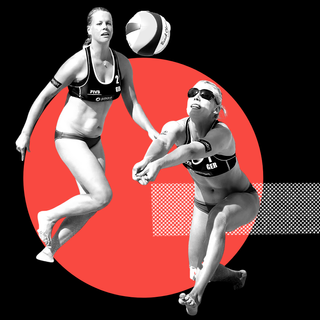Ngozi Okonjo-Iweala, Ph.D. in regional economics and development from the Massachusetts Institute of Technology, and former managing director of the World Bank, was recently appointed as the director-general of the World Trade Organization (WTO) — becoming the first female, African individual to assume the position. However, the media coverage of her appointment has been mired in sexism and racism.
“This grandmother will become the boss of the WTO,” the headline of a Swiss daily, Luzerner Zeitung, originally read before being revised to: “This 66-year-old Nigerian will head WTO” — once again, completely unfocused on her accomplishments that led her there.
“When men ascend [to power] at a later age, we celebrate their experience and accomplishments… No one talks about them as grandfathers, it’s not a relevant talking point,” Phumzile Mlambo-Ngcuka, head of UN Women, told The Guardian.
“If it had been a white man, the title would have been along the lines of ‘Harvard Economist, ex-World Bank Managing Director and ex-Minister of Finance,'” a conservationist at the IUCN, commented.
But this isn’t the first time media reports have referred to women using their familial roles, rather than their accomplishments. When Esther Duflo won the Nobel Prize for Economics in 2019, news reports continued to mention her wife-status in headlines — even though that’s hardly what won her the prize.
Related on The Swaddle:
Women‑Led Governments Are More Likely to Deliver on Campaign Promises: Multi‑Country Study
Similarly, when MacKenzie Scott donated $1.7 billion to charity in 2020, several news outlets, including LiveMint, Times of India, and Business Today, among many others, deemed it important to include the fact that she was previously married to Amazon’s CEO, Jeff Bezos.
Amid the current fiasco, Okonjo-Iweala’s qualifications as a Harvard-graduate, as an ex-finance minister of Nigeria, and as a former chair of Gavi, a global health partnership with the goal of increasing access to immunization in poor countries, among others, has mostly been ignored. In fact, prior to her appointment, Robert Lighthizer, the U.S. Trade Representative under the Trump administration had said that she is “somebody from the World Bank who does development” with no “real trade experience.”
A manifestation of the mindset that associates women with domestic, care-giving roles rather than their careers, this sexism also leads to women leaders being judged, distrusted, and criticized more than men. And, “in some cases, [this] discourages women from coming up and taking on leadership positions because they don’t need this nonsense,” Mlambo-Ngcuka noted.
The racism in the headlines was pointed out by Nshakira Rukundo, a Ugandan-born developmental economist, who tweeted about the media referring to Angela Merkel, who is the same age as Okonjo-Iweala, as a mother (also sexist), but not as a grandmother.
“What would you think if you wrote about Biden ‘this grandfather will be U.S. President?,'” Nadja Schnetzler, who co-founded another Swiss magazine called Republik, tweeted.




